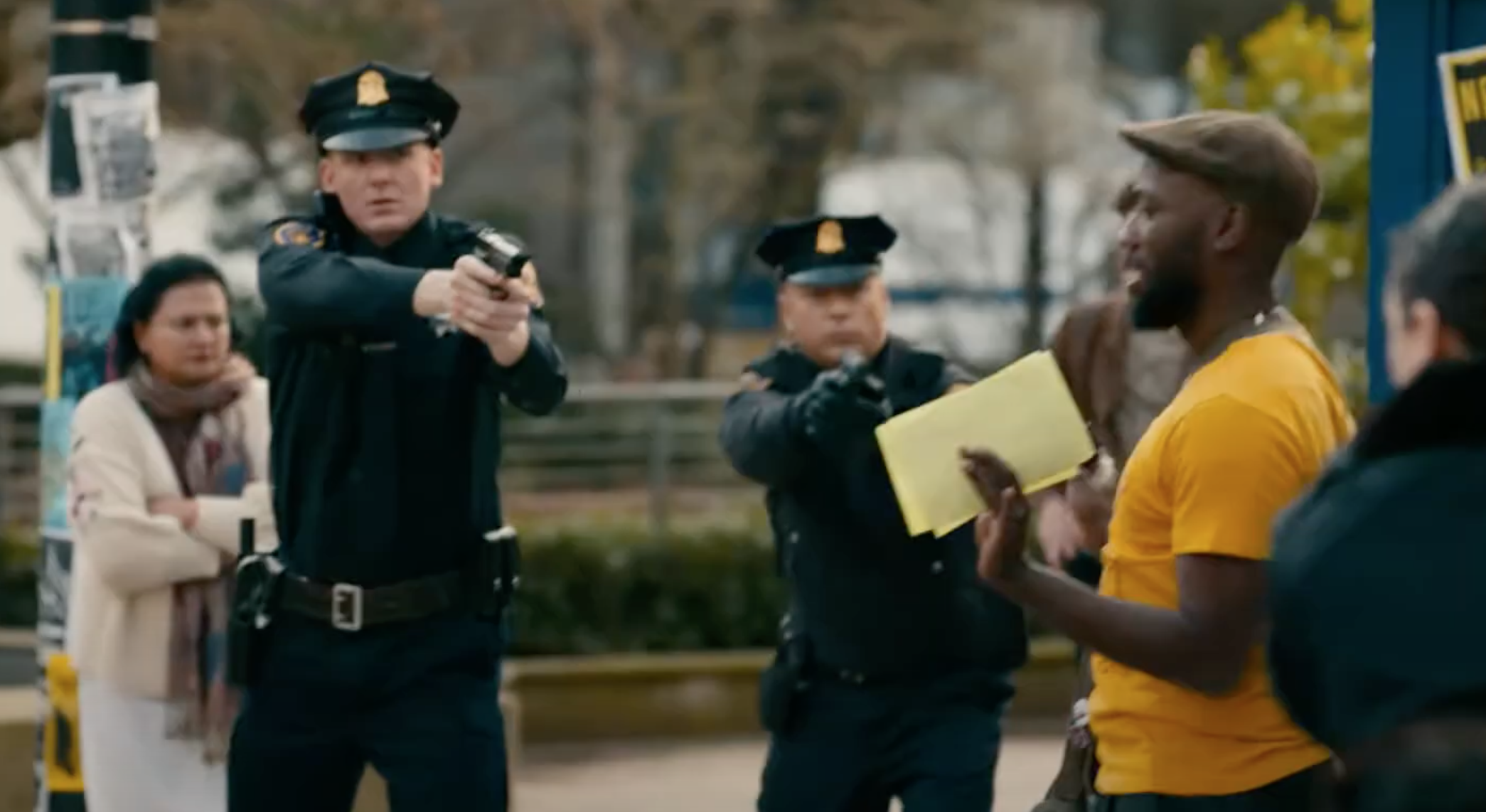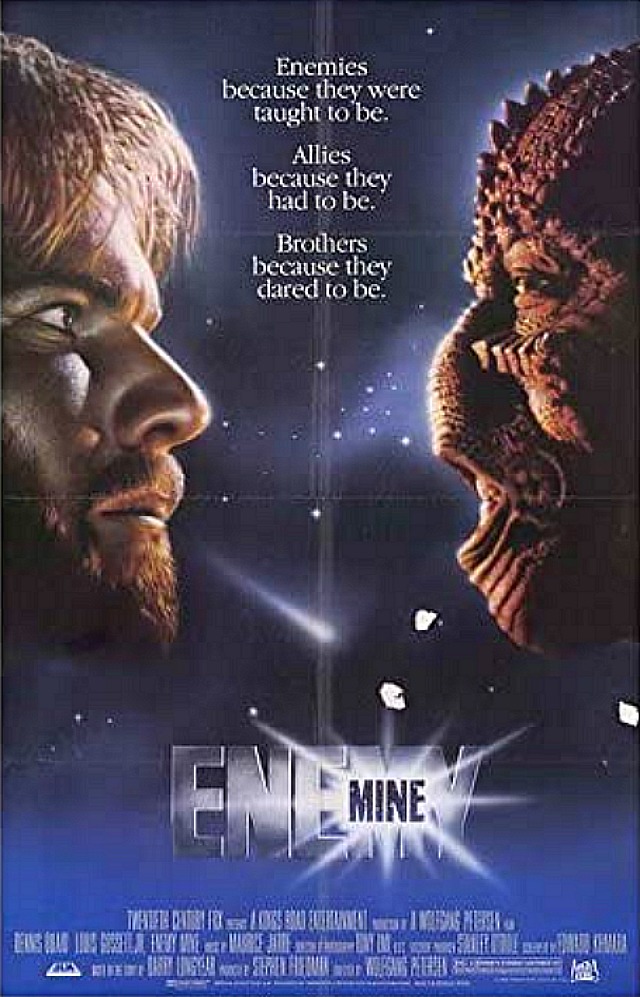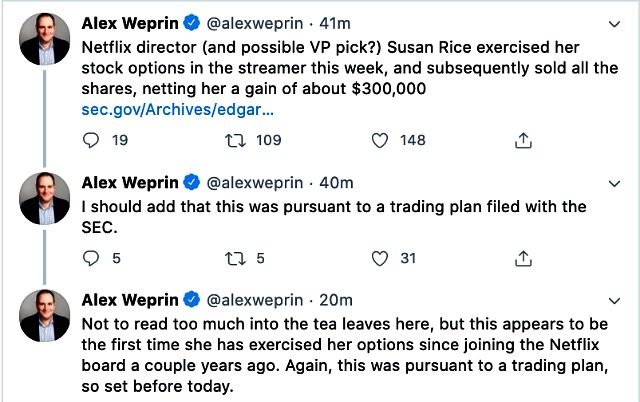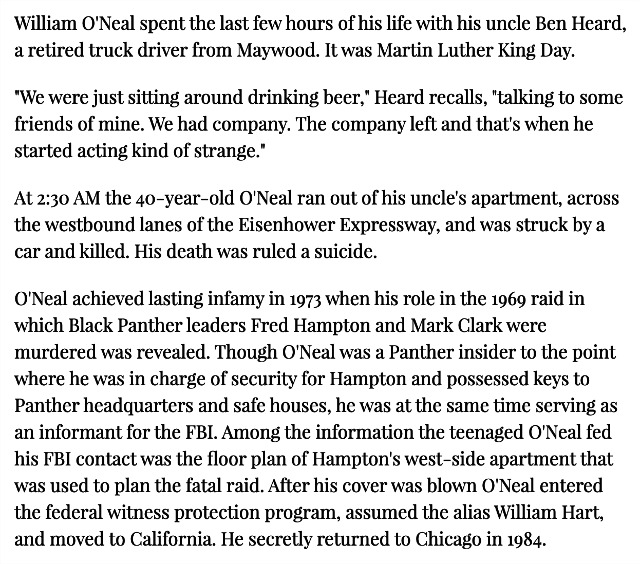The forthcoming Hulu series Woke is about a mild-mannered African American cartoonist (“keep it light”) who becomes ultra-attuned to systemic racism after he gets beaten up by cops. Everywhere he looks and everything he hears tells him that the world is not what it seems and that “the fix is in” against people of color. Or something close to that.
This is a righteous concept, but it’s a bit out-of-time to call the series Woke because black-dude woke was a thing about…what, eight or ten years ago? We all know that since Trump’s election in late ’16 “woke” stopped alluding to hip-black-guy consciousness and became a “white progressives committed to destroying the careers of non-wokesters in order to stop the twin scourges of racism and sexism” thang…Khmer Rouge, cancel culture, Left Twitter, resurrecting the legacy of Maximilien Robespierre, the New McCarthyism in academia, etc.
So I’m sorry but Woke is out of step with the times. I’m not saying that hip African Americans embracing a “woke” perspective isn’t valid. Obviously it is. I’m saying that the term “woke” began to be co-opted by the white lunatic progressive left four years ago.
Woke arrives on Hulu on September 9. Lamorne Morris plays Keef, the lead character. Sasheer Zamata, Blake Anderson and T. Murph costar.







